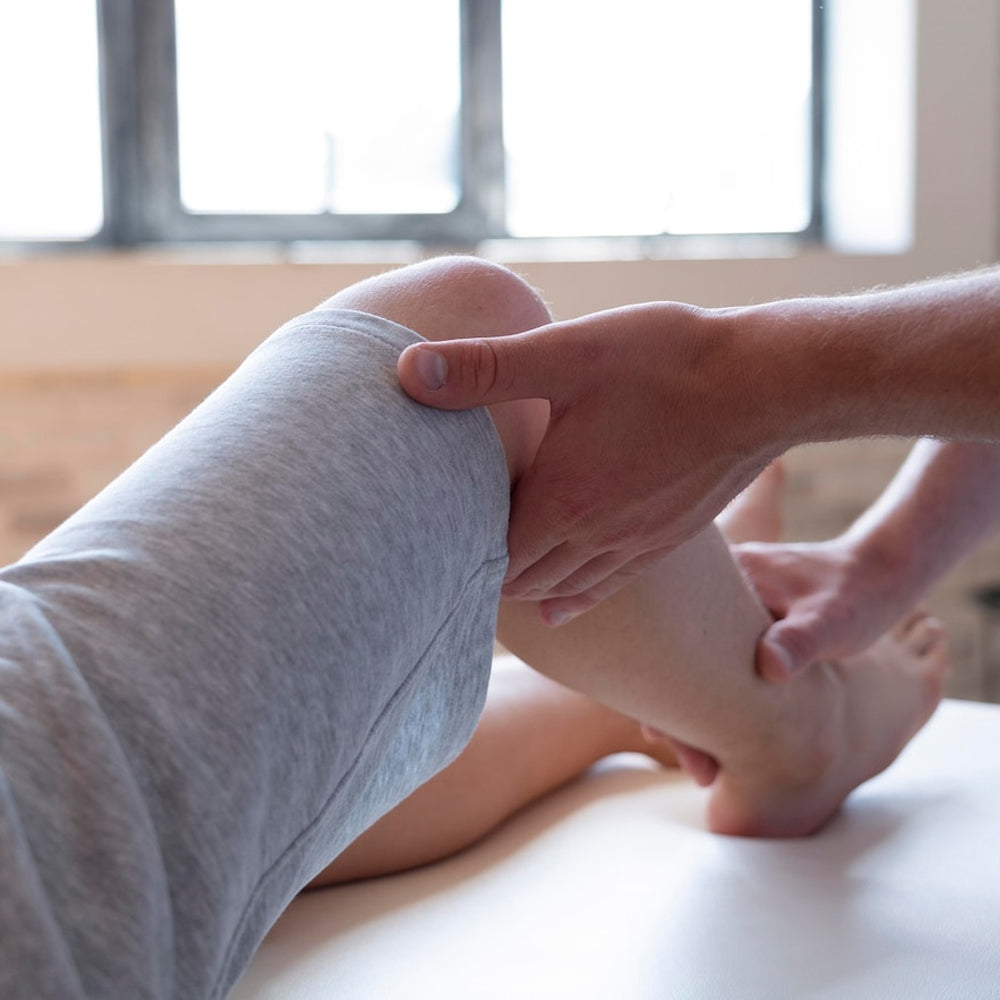Varicose veins can be a real pain, both physically and emotionally. In this article post, we will shed light on what varicose veins are, and what the best treatment for varicose veins is, and we will also discuss some tips on how to manage the effects of varicose veins.
What are varicose veins?
Varicose veins are twisted, enlarged veins. They mostly appear on the legs and ankles. They can also occur in other body parts, such as the arms and trunk.
Veins are vessels that carry the blood from your organs and limbs to your heart. The valves inside your veins keep blood flowing in one direction. When these valves become damaged or weakened, they may not be able to close correctly. This causes blood to flow back and pool in the veins. This can cause the veins to become increase in size, be twisted, and be painful.
Varicose veins are a common condition affecting about one in every two people over 50. They are more common in women than in men.
Factors that risk varicose veins
Several factors can increase your risk of developing varicose veins, including:
- Family history. If your parents have varicose veins, you're more likely to develop them.
- Age. The older you are, the more likely you are to develop varicose veins.
- Obesity. Carrying weight puts extra pressure on your veins.
- Pregnancy. The added weight and hormonal changes of pregnancy can weaken valves in the veins and cause them to be enlarged.
- Standing or sitting for long periods.
Signs and symptoms associated with varicose veins
There are many deleterious symptoms associated with varicose veins, including:
- Aching or heavy feeling in the legs
- Swelling in the feet and ankles
- Cramping or pain in the legs (especially at night)
- Itching or burning sensation in the legs
- Restless legs
- Skin changes, such as color darkening of the skin or ulcers
If you encounter any of these signs and symptoms, it's essential to see your doctor so they can diagnose the problem and recommend treatment. In certain instances, varicose veins can lead to severe complications, such as blood clots, skin ulcers, and inflammation.
Treatment options for varicose veins
Treatment for varicose veins often begins with lifestyle changes, such as losing weight, exercising, and avoiding long periods of standing or sitting. Your doctor may also advise you to wear compression stockings to help improve blood flow and reduce swelling.
If you have varicose veins, some treatment options are available to help relieve your symptoms and improve your quality of life.
Management of effects of varicose veins
- For people with varicose veins, exercise may seem like the last thing they want to do. However, recent studies have shown that regular physical activity can help improve this condition's symptoms. In particular, exercise helps to increase blood flow and reduce inflammation. Additionally, it can help to strengthen the muscles that support the veins. As a result, people with varicose veins should schedule regular exercise sessions throughout the week. While any type of physical activity is beneficial, some exercises are better than others for improving circulation. These include walking, swimming, and cycling. By incorporating these activities into their routine, people with varicose veins can help to minimize their symptoms and improve their overall health.
- While there is no cure for varicose veins, there are self-care measures that can help to relieve symptoms and prevent the condition from getting worse. Some self-care measures for varicose veins include wearing loose, comfortable clothing; elevating the legs when possible; and exercising regularly. Additionally, it is important to avoid sitting or standing for long periods. If self-care measures are not enough to relieve symptoms, medical treatments can also help. Medical treatment options for varicose veins include sclerotherapy, laser therapy, and surgery. Sclerotherapy involves injecting a solution into the veins to collapse them. Laser therapy uses high-intensity light to destroy the vein. Surgery is reserved for severe varicose veins and involves removing the affected vein. By taking self-care measures and seeking medical treatment when necessary, people with varicose veins can overcome their ailment and improve their quality of life.
Compression Stockings for varicose veins
Compression stockings for varicose veins are an essential part of treatment for varicose veins. They aid to improve blood circulation and reduce swelling. Wearing compression stockings can also help to prevent new varicose veins from forming.
Compression stockings for varicose veins come in various sizes, lengths, and compression levels. Choosing the right size and level of compression is vital for your needs. Your doctor or nurse can help you choose the correct compression stocking. Wearing compression stockings can be tricky, but it is essential to ensure they are correctly fitted. Once you get used to wearing them daily, they should not be uncomfortable. It is essential to wear your varicose stockings every day, even when you are not having symptoms. If you have any questions about compression stockings or other treatments for varicose veins, be sure to talk to your doctor or nurse.
If you are looking for varicose stockings, one option is to purchase them from www. Sorgen. Co. This website offers various compression stocks to choose from, so you are sure to find a pair that meets your needs. In addition, the website also offers shipping so that you can save money on your purchase. Another benefit of purchasing from www. Sorgen. Co is that they offer a satisfaction guarantee, so you can return the varicose vein socks if you are unhappy with them. This guarantee demonstrates the company's confidence in its goods and its ability to make you happy customers. With all these benefits, www.Sorgen.Co is an excellent option for purchasing compression stockings.
Conclusion
Compression stockings are a great way to prevent varicose veins. They can be very comfortable when the right pair is chosen. If you suffer from varicose veins, don't hesitate to try compression stockings–they might change your life. Have you ever tried compression stockings? What was your experience like? Let us know in the comments below or on our website at https://sorgen.co/.
Thanks for reading!


